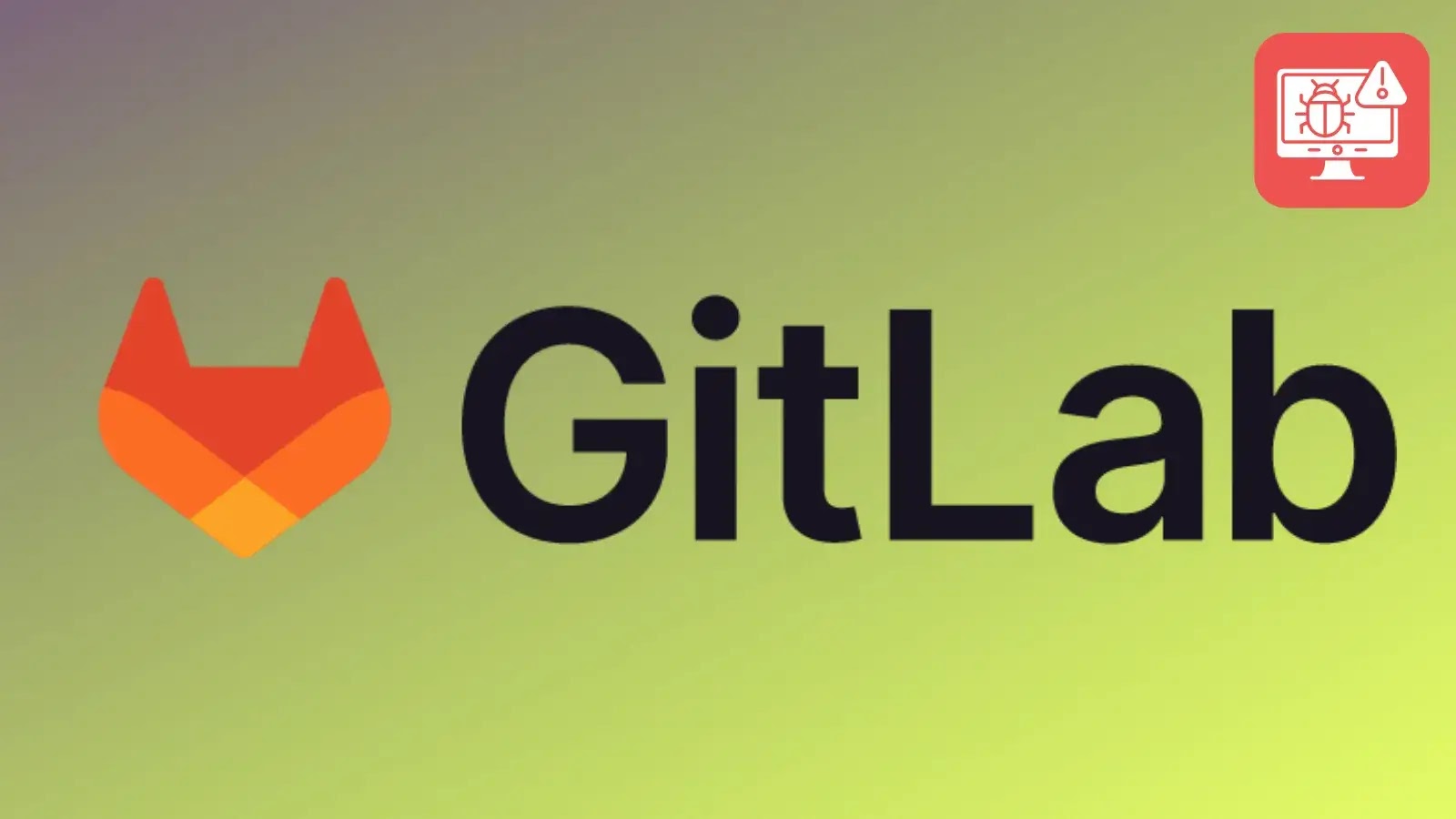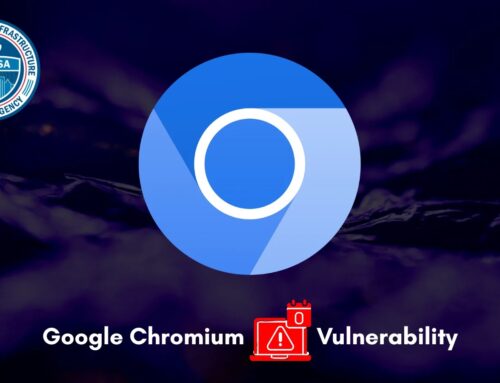
Multiple GitLab Vulnerabilities Let Attackers Inject Malicious Prompts to Steal Sensitive Data
Recent urgent security patches from GitLab are a stark reminder that even sophisticated platforms aren’t immune to critical vulnerabilities. The company has rolled out crucial updates for both its Community Edition (CE) and Enterprise Edition (EE), addressing multiple security flaws that could empower attackers to bypass access controls and steal sensitive data. The most alarming of these issues centers on prompt injection attacks targeting GitLab Duo’s review feature, highlighting a growing threat vector in AI-integrated development environments.
Understanding the GitLab Vulnerabilities
GitLab’s latest security releases – versions 18.5.2, 18.4.4, and 18.3.6 – tackle a range of vulnerabilities. While specific details for all addressed issues are often detailed in GitLab’s advisory, the focus here is on the severe implications for data confidentiality and access control bypasses. These flaws, if exploited, could allow malicious actors to compromise critical system components and user data.
The Threat of Prompt Injection in GitLab Duo
A particularly concerning vulnerability involves prompt injection attacks within GitLab Duo’s review feature. This type of attack manipulates AI models by injecting malicious prompts disguised as legitimate input. In the context of a code review tool like GitLab Duo, an attacker could craft a seemingly innocuous comment or code snippet that, when processed by the AI, causes it to:
- Exfiltrate sensitive data from the repository or user environment.
- Generate misleading or malicious code suggestions.
- Bypass security controls by tricking the AI into performing unauthorized actions.
This vulnerability underscores the evolving landscape of AI security, where traditional sanitization methods might not fully mitigate the risk of sophisticated prompt manipulation.
Impact of Compromised GitLab Instances
A successful exploitation of these vulnerabilities could have severe consequences for organizations relying on GitLab for their development pipelines. Potential impacts include:
- Data Breaches: Attackers could gain unauthorized access to source code, private keys, API credentials, and other sensitive information.
- Code Tampering: Malicious code could be injected into projects, leading to supply chain attacks or backdoors in production systems.
- Reputational Damage: A security incident can erode trust among customers and stakeholders.
- Operational Disruption: Remediation efforts and incident response can halt development cycles and incur significant costs.
Remediation Actions: Patching is Paramount
Given the critical nature of these vulnerabilities, immediate action is required. GitLab users and administrators must prioritize patching their instances:
- Upgrade Immediately: Update your GitLab Community Edition or Enterprise Edition to the latest patched versions: 18.5.2, 18.4.4, or 18.3.6. Follow GitLab’s official upgrade documentation for a smooth process.
- Review Access Controls: Regularly audit and enforce the principle of least privilege for all GitLab users and integrations.
- Implement SAST/DAST: Utilize Static Application Security Testing (SAST) and Dynamic Application Security Testing (DAST) tools to identify potential vulnerabilities in your codebase proactively.
- Educate Developers: Train development teams on the risks of prompt injection and secure coding practices, especially when interacting with AI-powered tools.
- Monitor for Anomalies: Implement robust logging and monitoring for unusual activities within your GitLab instance, such as unauthorized access attempts or suspicious API calls.
Relevant CVE Information
While the source material highlights multiple vulnerabilities without specific CVEs, organizations should always consult GitLab’s official security advisories for the most up-to-date and granular information. For comprehensive details on recently disclosed vulnerabilities and their respective CVEs, refer to the GitLab Security Releases page.
Tools for Detection and Mitigation
Proactive security measures are crucial. The following tools can assist in detecting and mitigating risks within your GitLab environment:
| Tool Name | Purpose | Link |
|---|---|---|
| GitLab Security Scanners | Integrated SAST, DAST, Dependency Scanning, Secret Detection | https://docs.gitlab.com/ee/user/application_security/security_scans/ |
| OWASP ZAP | Dynamic Application Security Testing (DAST) for web applications | https://www.zaproxy.org/ |
| Semgrep | Static Analysis (SAST) for various languages, customizable rules | https://semgrep.dev/ |
| Sniffles | Real-time anomaly detection for logs | https://github.com/cloudflare/sniffles |
Conclusion
The recent GitLab vulnerabilities, particularly the prompt injection risks associated with GitLab Duo, serve as a critical reminder of the constant need for vigilance in cybersecurity. Prompt patching and a layered security approach are essential to protect sensitive data and maintain the integrity of your development workflows. Organizations leveraging GitLab must prioritize these updates and continually evaluate their security posture to defend against emerging threats.





